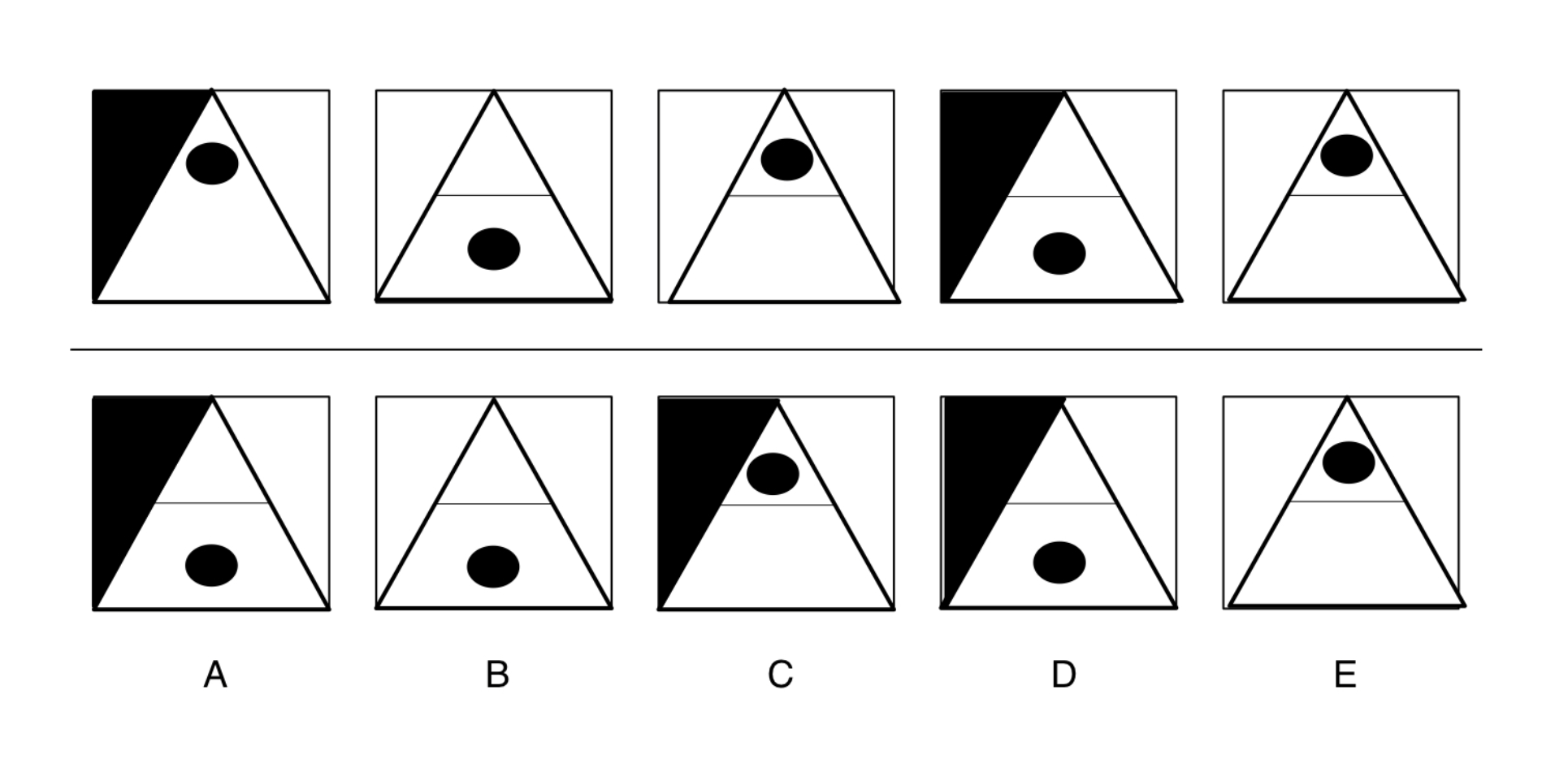About the Spatial Reasoning Test
Spatial reasoning is a category of problem-solving that is often assessed through pre-employment tests. To pass the test, candidates will need to be able to see two- or three-dimensional objects and then mentally manipulate them based on a series of instructions. For example, folding and rotating a 2D shape, then selecting what it would look like afterwards.
Spatial reasoning can therefore be defined as the ability to visualize how different elements may or may not fit together.
It is highly correlated to general intelligence (also known as cognitive aptitude), which is an abstract skill that is universally job-relevant since it relates to someone being given abstract information and then applying that information appropriately.





